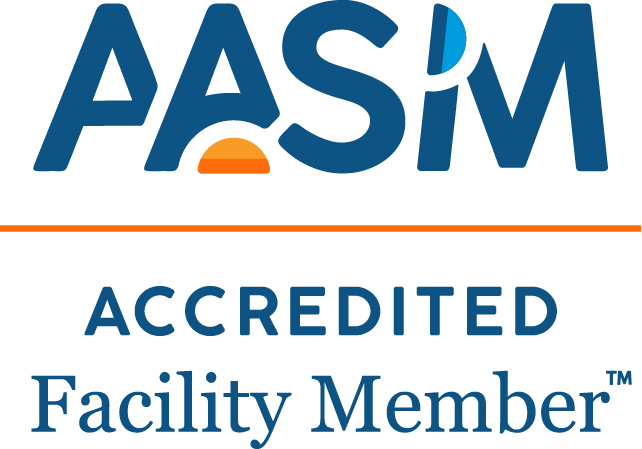Treatment for Sleep Disorders
At El Camino Health, our sleep specialists design the most effective care plan for your condition, as well as consult with colleagues in other specialty areas to ensure seamless, collaborative care. For example, sleep specialists work closely with doctors from our women’s health and men’s health programs to treat people with sleep apnea, which can affect women and men differently. Sleep experts also consult with other specialists when another condition — such as depression, head injury, cancer or stroke — may be causing sleep difficulties.
Treatments for sleep disorders often involve establishing healthy sleep habits, such as keeping a regular sleep schedule and avoiding caffeine and alcohol before bedtime. Our staff will coach and support you as you work toward these goals.
For people who need more advanced treatment for a sleep disorder, we provide a full range of psychological, dental, surgical and medical solutions. Your treatment plan may include:
- Cognitive behavioral therapy (CBT). This talk therapy for insomnia focuses on replacing negative thoughts and anxiety about sleep with positive thinking. The goal of CBT is to stop racing thoughts and settle your mind for sleep. It can involve relaxation techniques and biofeedback to help you control your breathing, heart rate, muscles and mood.It is the gold standard treatment for insomnia and offers more long lasting benefits compared to prescription hypnotics.
- Continuous positive airway pressure (CPAP). CPAP therapy uses a special machine to deliver continuous, mild air pressure through a mask to keep airways open while you sleep. This is often the first choice of treatment for obstructive sleep apnea.
- Oral appliances. Sleep apnea can be treated with a variety of small dental devices designed to keep the airway open during sleep. They fit into your mouth to keep your lower jaw forward and reduce overbite. A dentist who specializes in sleep medicine can fit you with a customized device to improve your breathing while you sleep.
- Medication. In some cases, short-term use of sleep aid medications can treat insomnia. A number of prescription sleep medicines are available, and your doctor will help you determine what’s best for you. It’s usually best to replace medications with healthy sleep habits as soon as possible. However, in some instances, longer-term medication may be necessary.
- Surgery. When other treatments for obstructive sleep apnea have been unsuccessful, your doctor may recommend surgery to reshape or reposition the jaws, tongue, soft palate or other upper-airway tissues. Additional surgeries include removing tonsils or adenoids if they’re blocking the airway, removing obstructions such as polyps, or straightening a deviated septum (thin cartilage between your nostrils). For those with sleep apnea who are extremely overweight, bariatric surgery can promote weight loss and improve breathing.
Our sleep medicine team can provide you with a personalized care plan to resolve sleep problems and allow you to get the rest you need.
